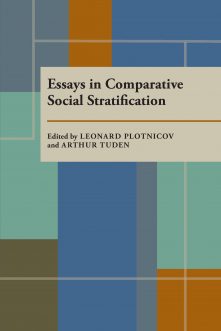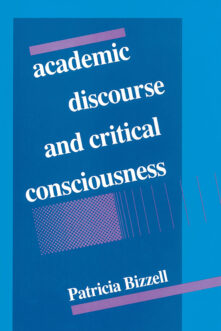Search Results
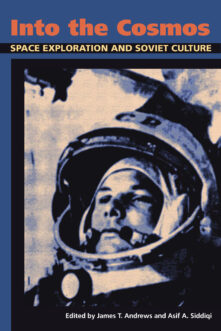
Into the Cosmos
Space Exploration and Soviet Culture
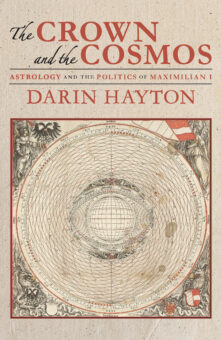
The Crown and the Cosmos
Astrology and the Politics of Maximilian I
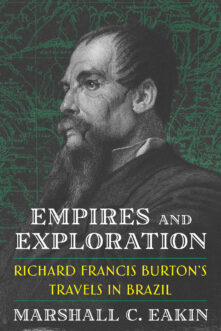
Empires and Exploration
Richard Francis Burton's Travels in Brazil
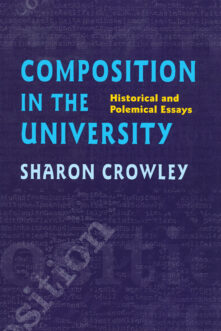
Composition In The University
Historical and Polemical Essays
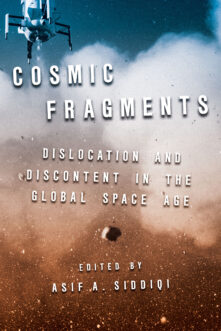
Cosmic Fragments
Dislocation and Discontent in the Global Space Age
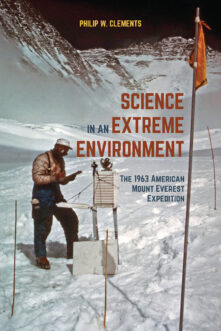
Science in an Extreme Environment
The 1963 American Mount Everest Expedition
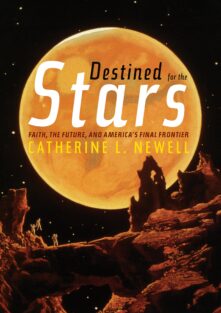
Destined for the Stars
Faith, the Future, and America's Final Frontier
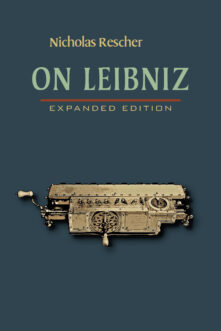
On Leibniz
Expanded Edition
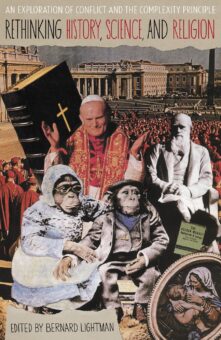
Rethinking History, Science, and Religion
An Exploration of Conflict and the Complexity Principle
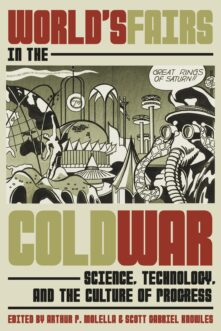
World’s Fairs in the Cold War
Science, Technology, and the Culture of Progress
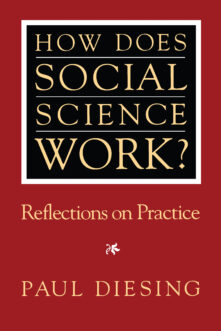
How Does Social Science Work?
Reflections on Practice
Your search for " The Cosmos of Science: Essays of Exploration " returned 529 results


